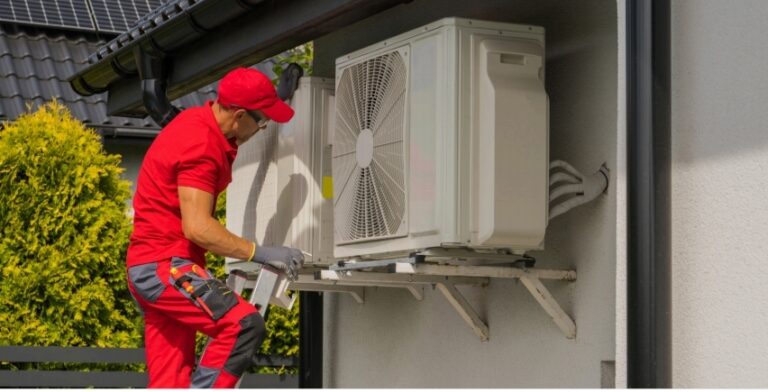Why are Generators Important in Farming and Agriculture Sector
Self-propelled machinery has shifted agriculture from being done manually to being technologically based, which requires power; hence, reliable and sustainable power sources are required. Electricity, as it is now known, has become an important input in farming, especially in large-scale farming where equipment such as zip-tap watering systems, heating or cooling systems, automation control systems, etc are used. This brings into focus the use of generators in the farming environment to achieve capability, yield, and flexibility in the uncertainties of power difficulties.
Analysing Agricultural power demands
Farming operations are integrated electrical production systems whereby electricity is critical. In milking parlours and livestock management systems, crop processing plant houses and Greenhouse environmental control structures, electrical structures are firmly girded pillars of modernity in food production. A good power plan involves determining the total energy consumption, identifying which process should not be facilitated by a power outage and selecting the right generators like Pramac generator to meet the agricultural technological needs accurately.
Reliability in Harsh Climatic Conditions
Agricultural environments present conditions that test equipment in ways agricultural manufacturing environments themselves and the factory floors on which most standard industrial designs are dried. It virtually means that generators are protected from high and varying temperature conditions as well as constant dust and high humidity together with relatively occasional mechanical pressure. Most agricultural generators require toughness and high construction to tackle different corrosive frequencies, containing a cooling system and covered by protective barriers against other aspects.
Fuel efficiency, as well as the economic aspect
Previously, as a micro-farmer, the primary concern was the economic sustainability of the farm operation. Primary considerations during the generator selection include the first costs and, consequently, operation and maintenance costs with specific emphasis on the cost of fuel per kilowatt. Standby diesel generators have been found to prove competitive with other power supply solutions when it comes to fuel efficiency and lifespan. Farmers are independent of generators with this metric, looking for efficiency in terms of power-to-fuel ratio and depending on the time required back up, time for service and the possibility of storing fuel depending on their operational needs in agriculture.
Versatility and Power Output Flexibility
Agricultural power requirements demonstrate significant variability across different operational stages and seasonal demands. An ideal generator solution must offer remarkable flexibility in power output, seamlessly supporting everything from small-scale irrigation pumps to large processing equipment. Variable load handling capabilities, smooth power transitions, and adaptable voltage regulation become crucial considerations. Modern agricultural generators should provide precise power management, ensuring delicate electronic systems receive stable electrical input while simultaneously supporting high-demand mechanical equipment without performance fluctuations.
Noise Reduction and Environmental Compatibility
Modernization of farming practices is toward sustainability that inflicts the least harm on the natural surroundings. In generator selection, noise pollution issues must be considered, such as an area containing livestock or near residential units. Modern generators have then developed complicated sound suppression features whereby farmers can host and manage critical power equipment without causing a disturbance.
Conclusion
Choosing the right generator is a defensive move for the agricultural operators and the productivity of their ventures. Thus, today’s generator solutions are not simple power generation tools; they are essential components of the technological process guaranteed to maintain optimal performance and underpin the global economy. The selection process of generators should involve a farm-level evaluation of key characteristics, applications, costs, environment, needs, and requirements.







